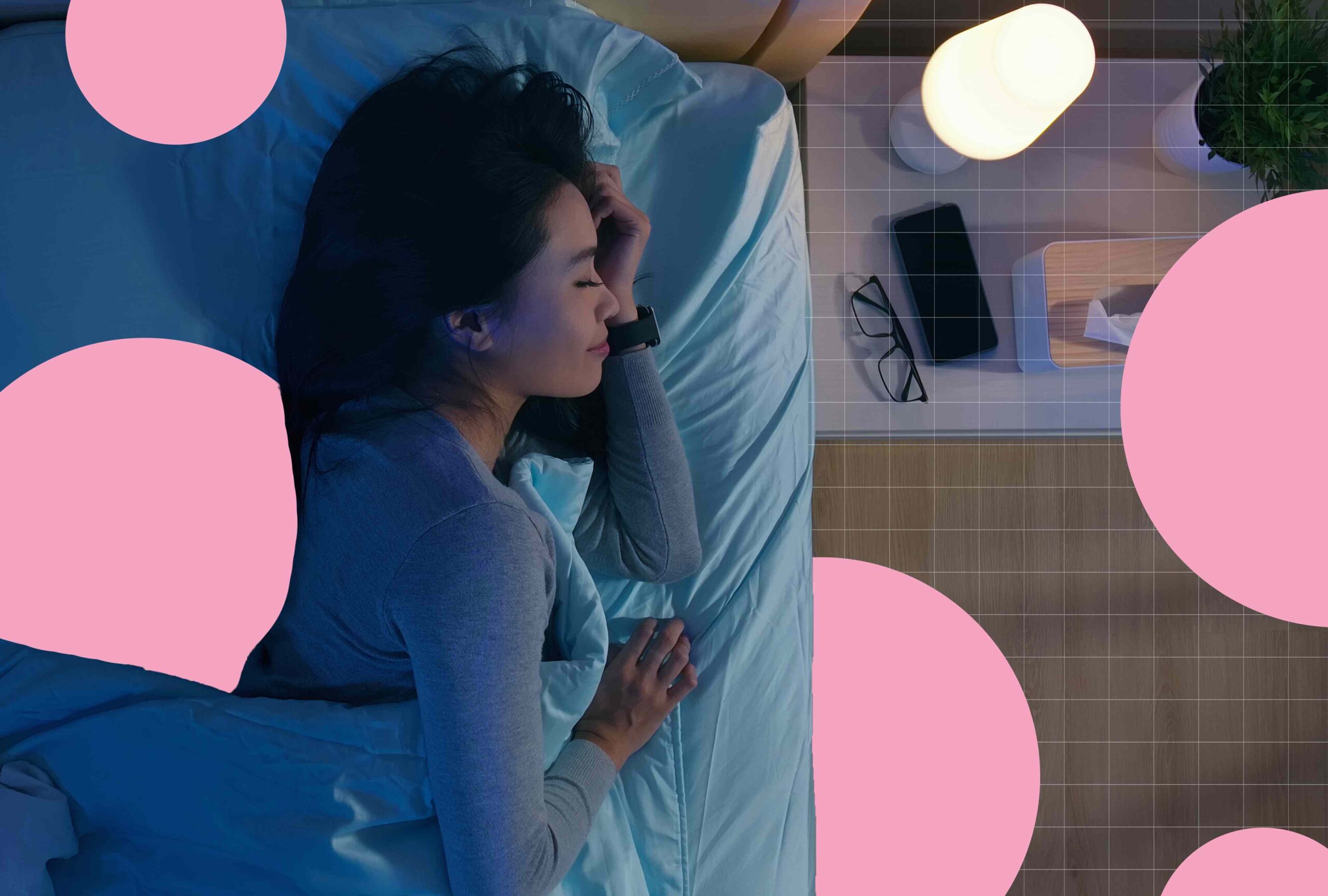Inflammation doesn’t take the night off, especially if it’s fueled right before bedtime. Your body needs sleep to repair itself and calm inflammation, and your evening habits can either support or disrupt that process. While short-term inflammation itself is a normal and healthy response, chronic inflammation can contribute to long-term health problems over time. “Inflammation is like a fire in your body. Unless you make a point to put it out, it lingers and can slowly build,” says Carolyn Williams, Ph. D., RD. The good news? Simple evening habits can help keep inflammation in check. We spoke with health experts to share the top three things you can do after 7 p. m. to help reduce inflammation. 1. Prioritize Sleep Not to be your parent, but it’s time to get ready for bed. You don’t have to go to sleep at 7 p. m., but prioritizing sleep is key, especially since over 35% of Americans aren’t getting the recommended seven or more hours of sleep every night. Getting enough sleep helps reduce levels of inflammatory cytokines, such as interleukin-6 (IL-6) and tumor necrosis factor (TNF). Losing out on sleep can trigger a snowball effect, derailing other healthy habits. “Sleep really is number one. If you don’t sleep well, you don’t eat well, skip working out, stress levels go up and inflammation can increase,” says Williams. To improve sleep and keep inflammation in check, aim for a consistent bedtime, keep your bedroom quiet and cool and maintain a regular exercise schedule-just not too close to bedtime. 2. Cut Down on Stress Easier said than done for most, but chronic stress is linked with higher levels of inflammation and can interfere with quality sleep. “Evenings are all about reducing stimuli and intentionally turning on the body’s relaxation response,” says Rachel Pojednic, Ph. D., Ed. M., FACSM. Too much stress in the evening, like worrying about your to-do list, getting wound up by the news or juggling multiple screens (you know-phone, TV, computer) can take a toll. However, it’s important to understand that not all stress is created equal. Acute stress is your body’s immediate response to a perceived threat or challenge. It’s a natural reaction that can tell your immune system to repair and heal, such as after an infection or injury. On the other hand, chronic stress persists over a long period, suppresses the immune system and fuels inflammation. To reduce evening stress, Pojednic recommends limiting screens at least one hour before bed. “And it’s not just about blue light, as has been previously reported. Newer research suggests the content we consume matters even more,” says Pojednic. “Rage-bait, doom-scrolling or even late-night emails will keep the brain activated.” If you want some nighttime entertainment, consider physical books, journaling or a puzzle to soothe your nervous system and help you feel sleepy. Williams keeps a pen and paper by her bed for when her mind is running. “When I write down everything I want to do, it helps get it out of my mind and calms the body.” 3. Choose a Balanced Snack Sweet treats are not off-limits, but for an evening snack, giving in to your sweet tooth isn’t ideal for inflammation. “Regularly eating too much added sugar can keep blood sugar and insulin levels elevated, which may trigger the body’s inflammatory response and contribute to ongoing, low-grade inflammation,” notes Jenny Finke, M. S., RDN. Meal or snack timing also matters since eating too late can interfere with sleep. “Try stopping food intake at least two hours before your head hits the pillow,” says Pojednic. “You want your body to be primed to rest, not digest.” She explains that digestion generates heat, which can slightly increase body temperature. However, a drop in core temperature is essential for sleep. In fact, research shows that finishing your last meal or snack one or two hours or more before bedtime is linked to better sleep quality. Ideally, aim to close the kitchen a few hours before bed. However, if you are hungry, it’s important to eat a small snack, since being too hungry before bed can worsen sleep. Choose snacks with a mix of protein, complex carbohydrates and healthy fats. Finke likes strained (Greek-style) yogurt with berries and a drizzle of honey or whole-grain crackers with a couple of tablespoons of nut butter or hummus. What to Avoid at Night Alcohol. Contrary to popular belief, that nightcap might actually be hurting your sleep. While alcohol can make it easier to fall asleep, it reduces sleep quality. Excess alcohol can also drive up inflammation on its own. Although an occasional drink with friends can be a way to unwind and won’t cause long-term harm, Williams advises against making it a regular habit. Your Phone. It’s worth repeating: put your phone down. Screens can raise stress and keep you scrolling well past bedtime. While keeping your phone out of the bedroom entirely may not be realistic, try using nighttime mode to limit access. Also, pay attention to content that winds you up, like controversial videos, so you know when it’s time to step away. Exercise. Being physically active can help reduce inflammation and support overall health, but exercising too close to bedtime can disrupt sleep. If possible, avoid exercising at least two hours before bed. Caffeine. If you’re used to powering up in the evenings with coffee or a post-dinner espresso, it’s time to switch to decaf. Caffeine in the late afternoon and evening can interfere with sleep and keep you wired at night. Aim to cut yourself off at least six hours before bed. Our Expert Take Your daily habits impact your health in countless ways, and the hours during and after dinner are often-overlooked opportunities to support it. Simple evening practices, like winding down earlier for better sleep, managing stress and enjoying a balanced snack, can help your body rest, repair and reduce inflammation. At the same time, it’s important to avoid things that disrupt sleep, such as late-night caffeine, late workouts or alcohol, which can worsen inflammation. By prioritizing healthy evening habits, you’re setting yourself up for better long-term health.
https://www.eatingwell.com/evening-habits-to-reduce-inflammation-11854469
Health Experts Say These 3 Evening Habits Can Help Reduce Inflammation



